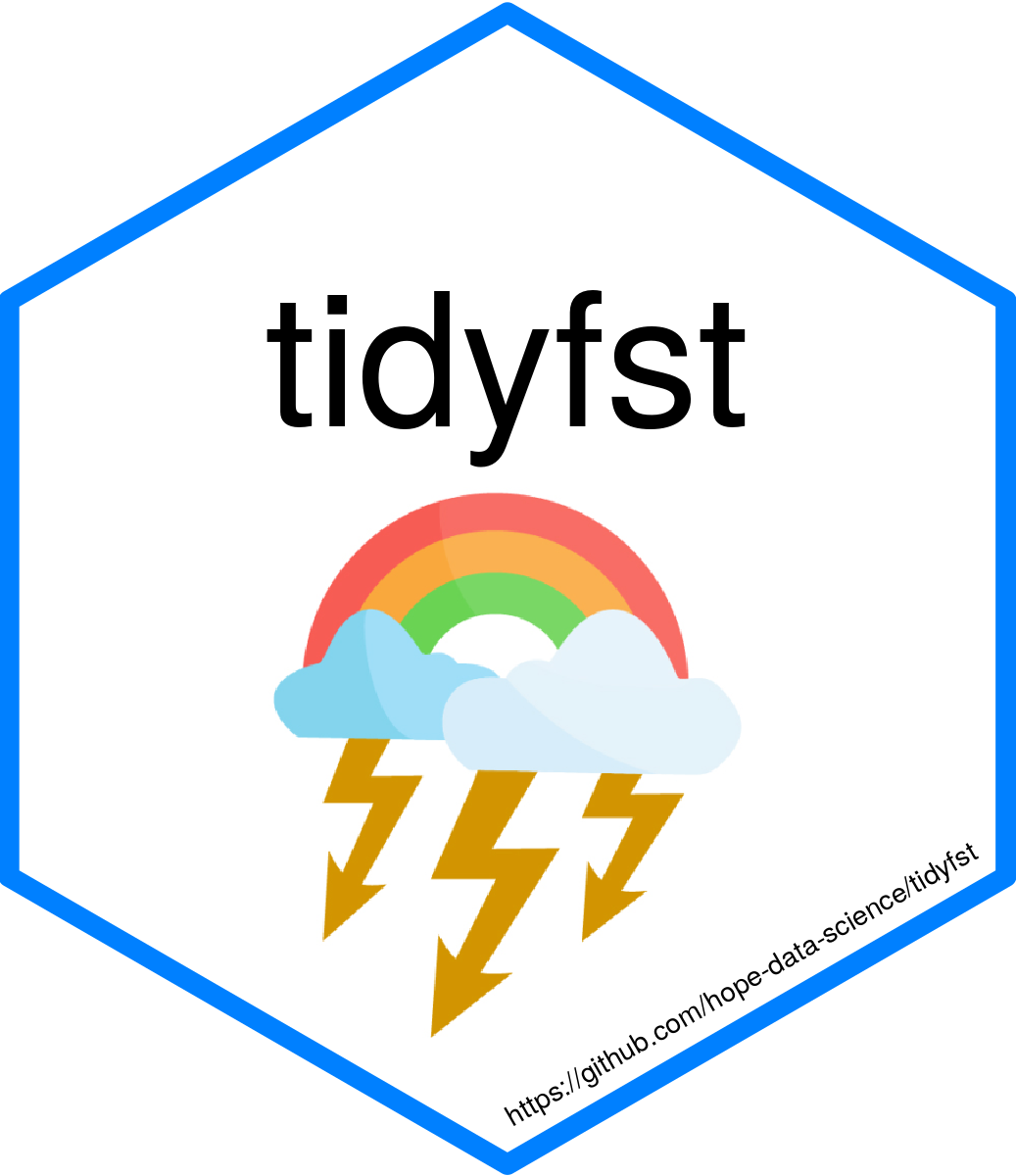
The hardware and bandwidth for this mirror is donated by METANET, the Webhosting and Full Service-Cloud Provider.
If you wish to report a bug, or if you are interested in having us mirror your free-software or open-source project, please feel free to contact us at mirror[@]metanet.ch.

tidyfst is a toolkit of tidy data manipulation verbs with data.table as the backend . Combining the merits of syntax elegance from dplyr and computing performance from data.table, tidyfst intends to provide users with state-of-the-art data manipulation tools with least pain. This package is an extension of data.table, while enjoying a tidy syntax, it also wraps combinations of efficient functions to facilitate frequently-used data operations. Also, tidyfst would introduce more tidy data verbs from other packages, including but not limited to tidyverse and data.table. If you are a dplyr user but have to use data.table for speedy computation, or data.table user looking for readable coding syntax, tidyfst is designed for you (and me of course). For further details and tutorials, see vignettes. Both Chinese and English tutorials could be found there.
Till now, tidyfst has an API that might even transcend its
predecessors (e.g. select_dt
could accept nearly anything for super column selection). Enjoy the
efficient data operations in tidyfst !
PS: For extreme performance in tidy syntax, try tidyfst’s mirror package tidyft.
install.packages("tidyfst")library(tidyfst)
iris %>%
mutate_dt(group = Species,sl = Sepal.Length,sw = Sepal.Width) %>%
select_dt(group,sl,sw) %>%
filter_dt(sl > 5) %>%
arrange_dt(group,sl) %>%
distinct_dt(sl,.keep_all = T) %>%
summarise_dt(sw = max(sw),by = group)
#> group sw
#> <fctr> <num>
#> 1: setosa 4.4
#> 2: versicolor 3.4
#> 3: virginica 3.8
iris %>%
count_dt(Species) %>%
add_prop()
#> Species n prop prop_label
#> <fctr> <int> <num> <char>
#> 1: setosa 50 0.3333333 33.3%
#> 2: versicolor 50 0.3333333 33.3%
#> 3: virginica 50 0.3333333 33.3%
iris[3:8,] %>%
mutate_when(Petal.Width == .2,
one = 1,Sepal.Length=2)
#> Sepal.Length Sepal.Width Petal.Length Petal.Width Species one
#> <num> <num> <num> <num> <fctr> <num>
#> 1: 2.0 3.2 1.3 0.2 setosa 1
#> 2: 2.0 3.1 1.5 0.2 setosa 1
#> 3: 2.0 3.6 1.4 0.2 setosa 1
#> 4: 5.4 3.9 1.7 0.4 setosa NA
#> 5: 4.6 3.4 1.4 0.3 setosa NA
#> 6: 2.0 3.4 1.5 0.2 setosa 1
tidyfst will keep up with the updates of data.table , in the next step would introduce more new features to improve the performance and flexibility to facilitate fast data manipulation in tidy syntax.
Huang et al., (2020). tidyfst: Tidy Verbs for Fast Data Manipulation. Journal of Open Source Software, 5(52), 2388, https://doi.org/10.21105/joss.02388
The author of maditr, Gregory Demin and the author of fst, Marcus Klik have helped me a lot in the development of this work. It is so lucky to have them (and many other selfless contributors) in the same open source community of R.
These binaries (installable software) and packages are in development.
They may not be fully stable and should be used with caution. We make no claims about them.